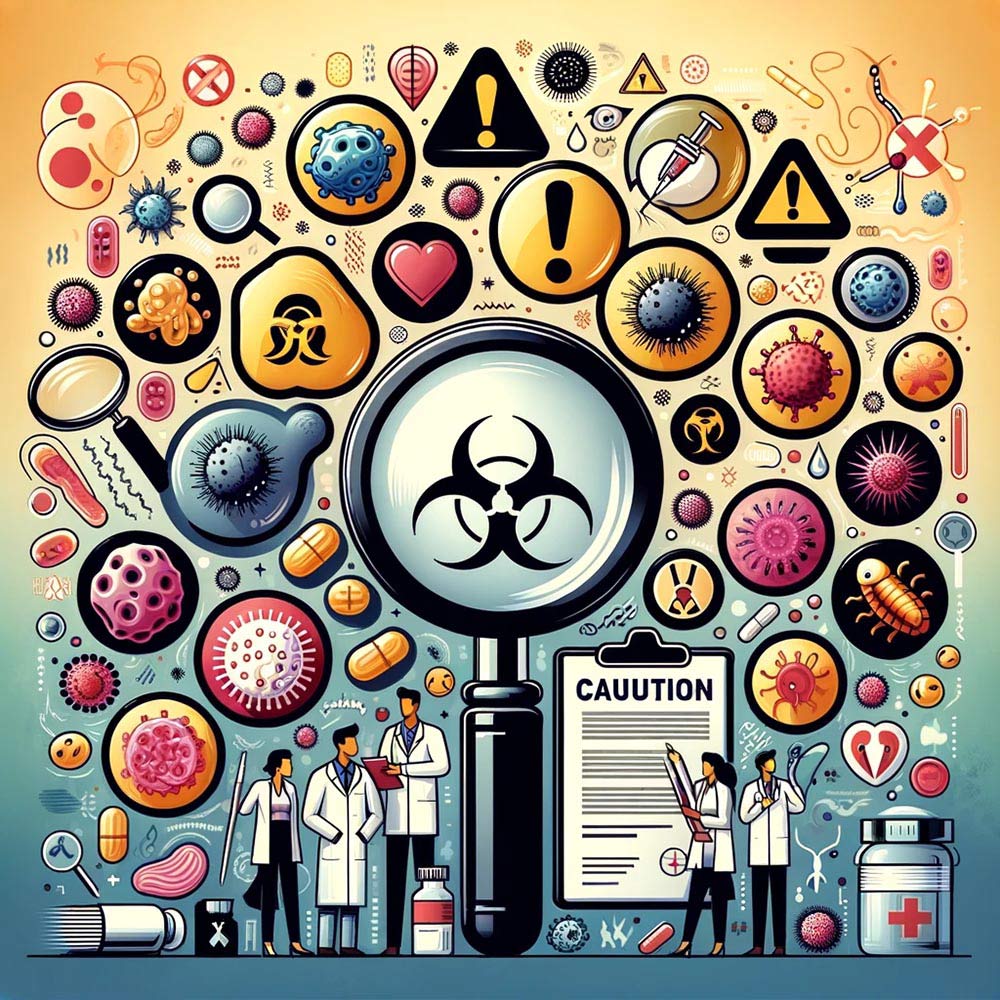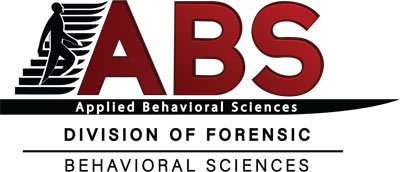
Understanding the Severity and Complications of Sex Addiction
Sex addiction, also known as hypersexual disorder or compulsive sexual behavior disorder, is a complex and controversial issue that has garnered significant attention in recent years. It refers to a condition in which individuals engage in repetitive and intense sexual behaviors despite facing negative consequences. This article explores the severity and complications related to sex addiction, shedding light on the physical, psychological, and social implications of this condition.
1. Defining Sex Addiction
Sex addiction is not officially recognized as a mental disorder in the Diagnostic and Statistical Manual of Mental Disorders (DSM-5), the authoritative guide for mental health professionals. However, it is acknowledged by many experts as a behavioral addiction that can profoundly impact a person’s life. Individuals with sex addiction often struggle with an overpowering urge to engage in sexual activities, which may include pornography consumption, anonymous sex, compulsive masturbation, or multiple extramarital affairs. The lack of an official diagnosis has led to debates about its classification and treatment.
2. Severity and Complications
A. Physical Complications
- Risk of Sexually Transmitted Infections (STIs): Individuals with sex addiction may engage in high-risk sexual behaviors, such as unprotected intercourse or sex with multiple partners, which increases their vulnerability to STIs, including HIV/AIDS.
- Physical Injuries: The pursuit of extreme sexual activities can lead to physical harm, such as injuries related to bondage, sadomasochistic practices, or excessive sexual activity.
- Exhaustion and Fatigue: Excessive sexual behaviors can result in physical exhaustion and fatigue, negatively affecting an individual’s overall health and well-being.

B. Psychological Complications
- Depression and Anxiety: Sex addiction is often accompanied by feelings of guilt, shame, and anxiety. These emotions can exacerbate mental health issues and contribute to a cycle of compulsive behavior.
- Low Self-Esteem: The secrecy and shame associated with sex addiction can lead to a significant decline in self-esteem and self-worth.
- Relationship Issues: Sex addiction can take a toll on relationships, leading to trust issues, jealousy, and infidelity. Partners of individuals with sex addiction often experience emotional trauma.
- Escalation of Desires: Over time, individuals with sex addiction may require more extreme or taboo sexual experiences to achieve the same level of satisfaction, leading to a dangerous escalation of desires.

C. Social Complications
- Isolation: Sex addiction can lead to social isolation as individuals become consumed by their compulsive behaviors and may withdraw from friends and family.
- Legal Consequences: Engaging in illegal or socially unacceptable sexual activities, such as voyeurism or public indecency, can lead to legal trouble and criminal charges.
- Financial Issues: The pursuit of sexual satisfaction may result in financial strain due to excessive spending on pornography, escort services, or other sexual activities.
III. Treatment and Recovery
Recognizing the severity and complications associated with sex addiction is crucial for individuals seeking help. Treatment options include:
- Psychotherapy: Individual and group therapy sessions can help individuals explore the root causes of their addiction, develop coping strategies, and address underlying emotional issues.
- Medication: In some cases, medication may be prescribed to address underlying mental health conditions such as depression or anxiety.
- Support Groups: Participating in sex addiction support groups can provide a sense of community and encouragement for recovery.
- Couples Therapy: Couples affected by sex addiction may benefit from therapy to rebuild trust and address the impact of the addiction on the relationship.
Sex addiction is a complex and challenging condition that can have severe physical, psychological, and social complications. While it remains a subject of debate and controversy, it is essential to recognize the suffering experienced by individuals affected by sex addiction and to offer them appropriate support and treatment options. By understanding the severity and complications of sex addiction, we can work towards a more compassionate and effective approach to addressing this complex issue.
Compulsive sexual behavior, often referred to as sex addiction, is a challenging and distressing condition that can have a significant impact on a person’s life and relationships. Those struggling with compulsive sexual behavior may find it difficult to control their impulses, leading to harmful consequences in their personal, social, and professional lives. Fortunately, professional psychotherapy offers a ray of hope for individuals seeking help to overcome this condition. This article will explore how cognitive-behavioral therapy (CBT) and group therapy, offered at places like Applied Behavioral Sciences Outpatient Therapy and statewide through online telemedicine, can be instrumental in the recovery journey of those with compulsive sexual behavior.

Understanding Compulsive Sexual Behavior
Compulsive sexual behavior is characterized by an obsessive preoccupation with sexual thoughts, fantasies, or behaviors, often to the detriment of one’s well-being and daily functioning. Individuals with this condition may engage in excessive pornography consumption, frequent casual sexual encounters, or other risky sexual behaviors. These patterns of behavior can lead to feelings of guilt, shame, and anxiety, creating a cycle that is difficult to break without professional help.
The Role of Psychotherapy in Recovery
Professional psychotherapy is a vital component in the treatment of compulsive sexual behavior. Therapists trained in addressing this condition can help individuals gain insight into the underlying causes of their behavior and develop strategies to manage and overcome their compulsions. Two effective therapeutic approaches commonly used in the treatment of compulsive sexual behavior are cognitive-behavioral therapy (CBT) and group therapy.
- Cognitive-Behavioral Therapy (CBT)
CBT is a widely recognized and evidence-based therapeutic approach that has proven effective in treating compulsive sexual behavior. This therapy helps individuals identify and challenge distorted thoughts and beliefs related to their sexual behaviors. By working with a trained therapist, clients can develop healthier thought patterns and learn new coping skills to reduce their compulsive behaviors.
CBT for compulsive sexual behavior typically includes the following components:
- Identifying triggers: Clients learn to recognize the situations, emotions, or thoughts that trigger their compulsive sexual behavior.
- Developing coping strategies: Therapists help clients develop healthier coping mechanisms to manage their triggers and reduce the urge to engage in compulsive behavior.
- Building relapse prevention plans: Clients work on strategies to prevent relapse and maintain their progress over time.
- Addressing underlying issues: Therapists assist clients in exploring and addressing any underlying emotional, psychological, or relational issues that may contribute to their compulsive behavior.
- Group Therapy

Group therapy offers a unique and supportive environment for individuals with compulsive sexual behavior to share their experiences, challenges, and successes with others who can relate. Led by trained therapists, group therapy sessions provide a sense of community and connection that can be highly therapeutic.
Key benefits of group therapy for compulsive sexual behavior include:
- Reduction of isolation: Individuals often feel isolated and ashamed due to their compulsive behaviors. Group therapy provides a safe space for them to connect with others who understand their struggles.
- Accountability: Group members can hold each other accountable for their progress, providing motivation and support.
- Learning from others: Group therapy allows participants to learn from the experiences and strategies of their peers, offering new perspectives and insights.
- Building healthier relationships: Group therapy can help individuals improve their interpersonal skills and develop healthier relationships.
Accessing Therapy at Applied Behavioral Sciences Outpatient Therapy and Online Telemedicine
Applied Behavioral Sciences Outpatient Therapy and other reputable treatment centers offer specialized programs for individuals dealing with compulsive sexual behavior. These programs often incorporate a combination of individual therapy, group therapy, and additional support services to address the unique needs of each client.
In addition to traditional in-person therapy, many treatment centers now offer online telemedicine services, making it easier for individuals to access professional help from the comfort and privacy of their own homes. Telemedicine has proven to be an effective and convenient way to receive therapy, especially for those who may face barriers such as geographic distance or scheduling conflicts.

Compulsive sexual behavior is a challenging condition, but it is treatable with the right professional support. Cognitive-behavioral therapy and group therapy, offered at places like Applied Behavioral Sciences Outpatient Therapy and through online telemedicine, have shown promising results in helping individuals regain control over their lives and build healthier relationships. Seeking professional help is the first step on the path to recovery, and with the right guidance, individuals with compulsive sexual behavior can find healing and hope for a brighter future.
Related Posts
Behind Closed Doors – Confronting the Inner Struggles of Addiction
Caught in its grip, shame and isolation breed an unbearable loneliness,...
Understanding the Severity and Complications of Sex Addiction
Sex addiction, also known as hypersexual disorder or compulsive sexual behavior...


